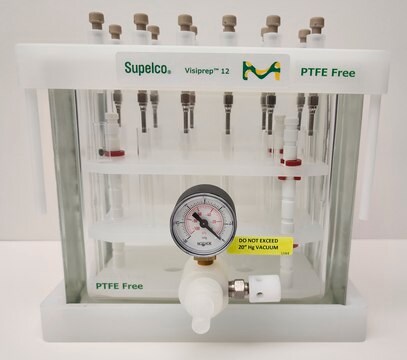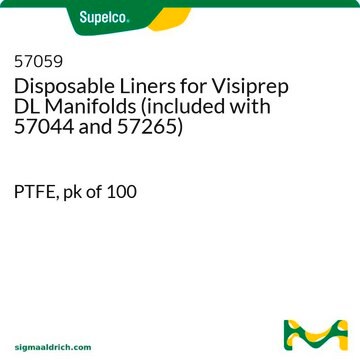69453
L-Homocysteine
≥98.0% (NT)
Synonyme(s) :
(S)-2-Amino-4-mercaptobutyric acid
About This Item
Produits recommandés
product name
L-Homocysteine, ≥98.0% (NT)
Pureté
≥98.0% (NT)
Forme
powder
Activité optique
[α]/D 25.5±1.5°, c = 1 in 1 M HCl
Couleur
white
Pf
263-265 °C
Application(s)
cell analysis
Maladie(s) pertinente(s)
Alzheimer′s disease
Température de stockage
−20°C
Chaîne SMILES
N[C@@H](CCS)C(O)=O
InChI
1S/C4H9NO2S/c5-3(1-2-8)4(6)7/h3,8H,1-2,5H2,(H,6,7)/t3-/m0/s1
Clé InChI
FFFHZYDWPBMWHY-VKHMYHEASA-N
Description générale
Application
Actions biochimiques/physiologiques
Conditionnement
Certificats d'analyse (COA)
Recherchez un Certificats d'analyse (COA) en saisissant le numéro de lot du produit. Les numéros de lot figurent sur l'étiquette du produit après les mots "Lot" ou "Batch".
Déjà en possession de ce produit ?
Retrouvez la documentation relative aux produits que vous avez récemment achetés dans la Bibliothèque de documents.
Les clients ont également consulté
Notre équipe de scientifiques dispose d'une expérience dans tous les secteurs de la recherche, notamment en sciences de la vie, science des matériaux, synthèse chimique, chromatographie, analyse et dans de nombreux autres domaines..
Contacter notre Service technique













